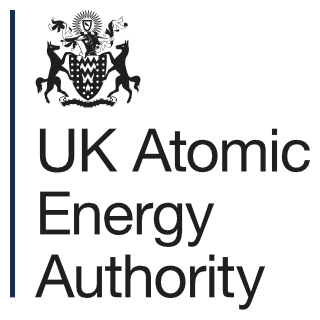CAPABILITIES
NEUTRONICS
Semi-automated hexahedral meshing with interactive smart tools

Mesh courtesy of Radiant Industries
Codes
Moose
MOOSE is an open-source, parallel finite element framework largely developed at Idaho National Laboratory. MOOSE is broadly used for nuclear fission research and development and is also used for nuclear fusion. MOOSE-based applications have been developed to enable the simulation of many types of nuclear physics. Coreform Cubit and MOOSE both read the Exodus file format natively, which leads to strong interoperability. This case study demonstrates how Radiant Nuclear uses Coreform Cubit and MOOSE together. Watch this webinar to learn more about the MOOSE/Coreform Cubit workflow.

For complicated geometries, we generally use CUBIT.
OpenMC
OpenMC is an open-source Monte Carlo neutron and photon transport simulation code, developed largely out of MIT and Argonne National Laboratory.
Coreform Cubit is used in OpenMC workflows to prepare CAD geometry for simulations without the need to recreate the model as constructive solid geometry (CSG). The DAGMC workflow is used to export the Cubit data for use in OpenMC.

MCNP
The MCNP®, Monte Carlo N-Particle®, code can be used for general-purpose transport of many particles including neutrons, photons, and electrons. The transport of these particles is through a three-dimensional representation of materials defined in a constructive solid geometry.


Plots for neutron and prompt fission gamma fluxes for a gas-cooled, graphite-moderated nuclear reactor. The system has been modeled with mesh generated in Coreform Cubit and simulated using MCNP6.3. These plots demonstrate the superiority of unstructured mesh modeling over constructive solid geometry (SCG). Courtesy Ibrahim Attieh.
In addition, external structured and unstructured meshes can be used to define the problem geometry in a hybrid mode by embedding a mesh within a constructive solid geometry cell, providing an alternate path to defining complex geometry.


Hex meshes generated in Coreform Cubit. Courtesy Ibrahim Attieh.
Coreform Cubit can be used to generate unstructured meshes for use in MCNP, as well as to generate surface CAD mesh data through its DAGMC functionality to be sent to MCNP.
Licensing options
Commercial and academic licenses are available. Contact sales@coreform.com for details.
Free trial
Request a 30-day free trial of Coreform Cubit.
CUBIT® is a registered trademark of National Technology & Engineering Solutions, LLC.
See why coreform is trusted by government and industry leaders around the world
Made in collaboration with Place holder
Managed and operated by NTESS under DOE NNSA contract DE-NA0003525. SAND2022-7001 V.






